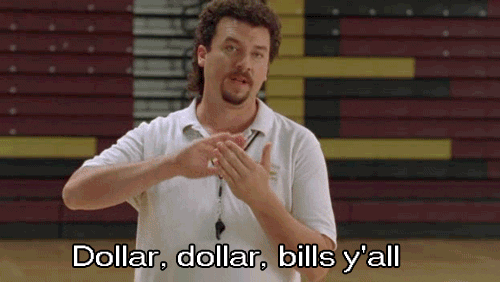Being born in the early ‘90s, I’m young enough to remember life before smart phones, when kids played outside and used their imaginations. But I’m now at a point in my life where I can’t bear to be away from my iPhone XS for very long. Growing up during this period in time gave me a perspective that is very different than the people born in the early 1980s or the early 2000s, particularly when it comes to music, and the music I listened to as a child influenced who I am and impacted my taste in music today. I remember the days of girl power, the Britpop movement, and arguably some of the very best contemporary R&B music of all time. The late ‘90s was also an incredible time for the resurgence of bubblegum pop acts, like the Spice Girls, Backstreet Boys, Britney Spears, and *NSYNC, just to name a few.
[iframe https://giphy.com/embed/o9sYoyNfIN4GI allowfullscreen="" class=^{{"giphy-embed"}}^ frameborder="0" height="316" width="480"]
But where were the openly-queer, male pop stars of the ‘90s?
Coming out during this time was a very political act. Not many people were able to do so without putting their careers on the line. Pet Shop Boys lead singer Neil Tennant, singer-songwriter Elton John, Wham! frontman George Michael, and Culture Club's Boy George were all vague about their sexuality in the earlier parts of their careers, which isn’t surprising considering it was a deeply homophobic time following the AIDS crisis.
Being a Black, African gay man born and raised in London, I rarely feel accurately represented in mainstream media. Historically, there has been very little positive Black male representation that steers away from negative stereotypes—and even fewer that are gay. I always felt somewhat represented by Black male rappers and R&B singers, but they were never gay. When it came to performers with non-conforming gender identities or ambiguous sexualities, there were artists like Prince and Michael Jackson, but again, neither were gay.
Things may be changing slowly, but when I was younger, there was no one around who I felt was anything like me. I didn't meet anyone that was like me until I was 21. I never saw anyone in magazines like me, I never saw anyone on TV like me, and I wasn’t listening to any pop artists who were like me either. And I definitely never saw anyone like me on an album cover—until now.
I had the honour of gracing the cover of British-Nigerian singer, songwriter, and record producer MNEK’s long-awaited debut album Language. Embracing him and providing honest visibility and representation of queer Black men, Language is solid and sonically cohesive, filled with tracks about puppy love, liberation, and surviving your first break up.
When you feel invisible and are so massively underrepresented, there is something so moving and powerful about experiencing art that reflects you and your life. When MNEK is seen, I am seen, and it feels fucking fabulous. He’s creating queer anthems and living the lifelong dream many of us inner-city London kids had, but never believed was possible. He’s breaking down barriers in the music industry in a way that could have historic and cultural implications for the next generation of queer Black British folks who feel confused or feel that they don’t belong. It felt incredible to be part of such important queer representation, adding to what queer Black men before us have done. I had so much fun at the photoshoot, I felt very comfortable, everyone was so welcoming and I felt a strong sense of family on the set. It was lovely to get up close and personal with an artist that I admire deeply and I was granted an opportunity to tell him how proud I am of him.
When queer people of colour are seen within the media, we are literally seen by society. We're no longer invisible. When other people see us represented, they will find it easier to not only understand us better, but grasp who we really are, creating a shift in social consciousness to include different people from different backgrounds. When we see representations of ourselves in the media, it fosters a strong sense of affirmation of our identities, enhancing feelings of self-worth, changing feelings that there is something wrong with simply being ourselves, and shattering the belief that being queer is a "white thing." Society can often send us the message that if we are invisible and if we don’t exist, then we don’t matter, but out and visible artists like MNEK are helping to change all of that. MNEK’s existence as an unapologetically Black, unapologetically gay British pop star is not only political, but revolutionary.
Three years ago after being honoured as a breakthrough artist by Attitude Magazine, MNEK said that, "I want to be a role model for young gay people. I want to be what I didn’t see on television and I want to be exactly the popstar I wanted to see."
He talked about how being from a Nigerian background initially made being publicly out as a gay man very difficult for his family, especially his dad. He was told, "You should keep your private life private, don’t talk about being gay. Keep it to yourself." But he responded saying, "I have to be myself, I have to be honest. The whole point of me being an artist and a public figure is that I get to be my true self, especially as a gay Black man."
I was asked to play MNEK's two-timing love interest in the colourful and hilarious music video for his single "Girlfriend," which I was ecstatic to be a part of because not only was it my favourite song on the album, but my most played song of 2018. The shoot was even more fun than the first. I've really gotten to know MNEK and his team well within the last year, and it’s been interesting having conversations about how similar our experiences are as Black, African, queer men born and bred in London.
So much has changed since the ‘90s. There have been monumental developments for queer people in recent years in terms of legislative, social, and political change, as well as more honest visibility and representation, but that doesn’t mean we still don’t have a long way to go. Black queer men are a minority within a minority, living in a heteronormative, white society that lacks visibility and representation. It's up to us to highlight the intersectionality of sexuality and race, and the importance of providing evidence that multidimensional Black gay men exist.
Language is streaming now on Spotify! MNEK is also touring the US and UK! For more info. and tour dates, check out his official website here.


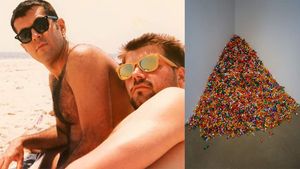

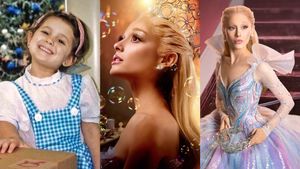


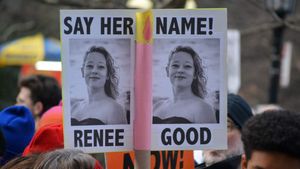

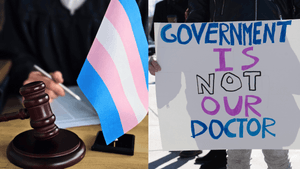
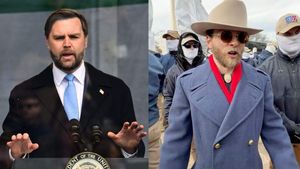
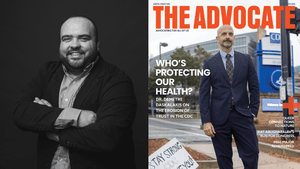
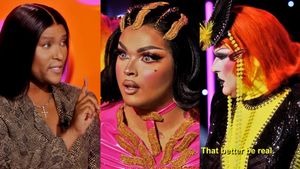

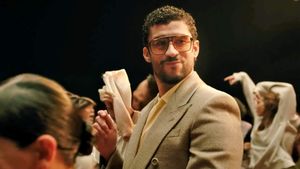
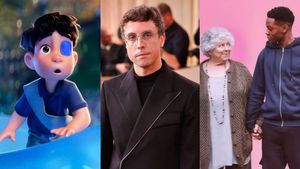
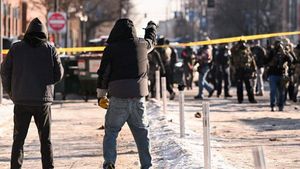



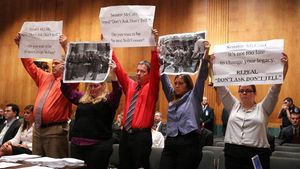

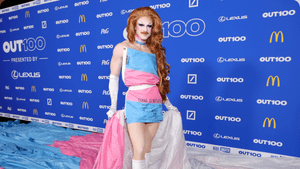
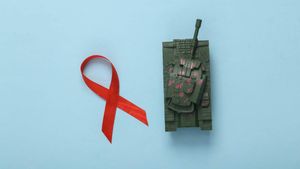
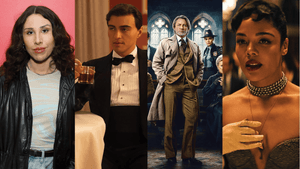


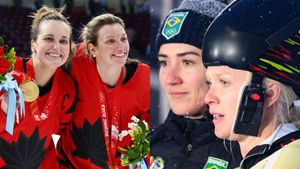
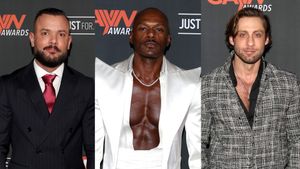


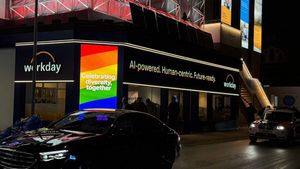

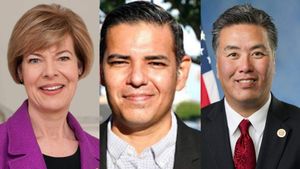












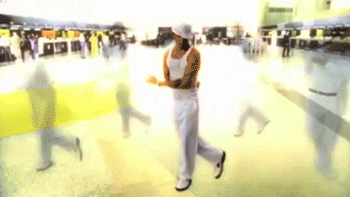
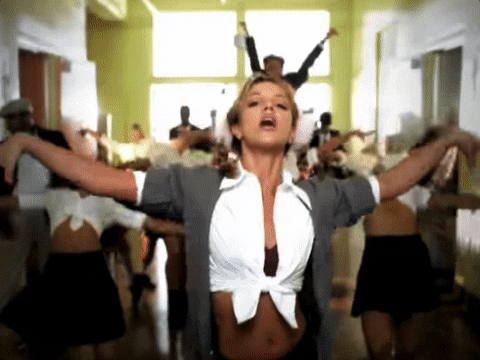
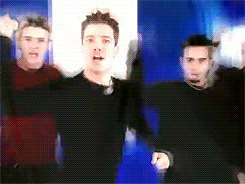
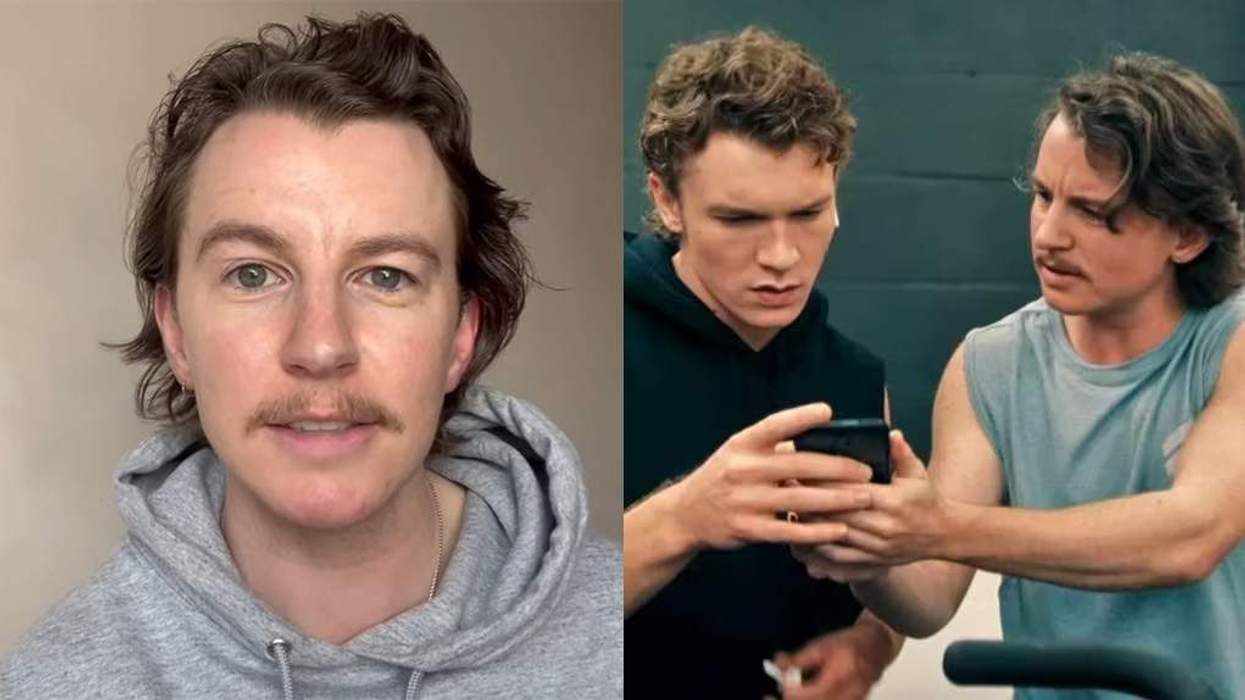
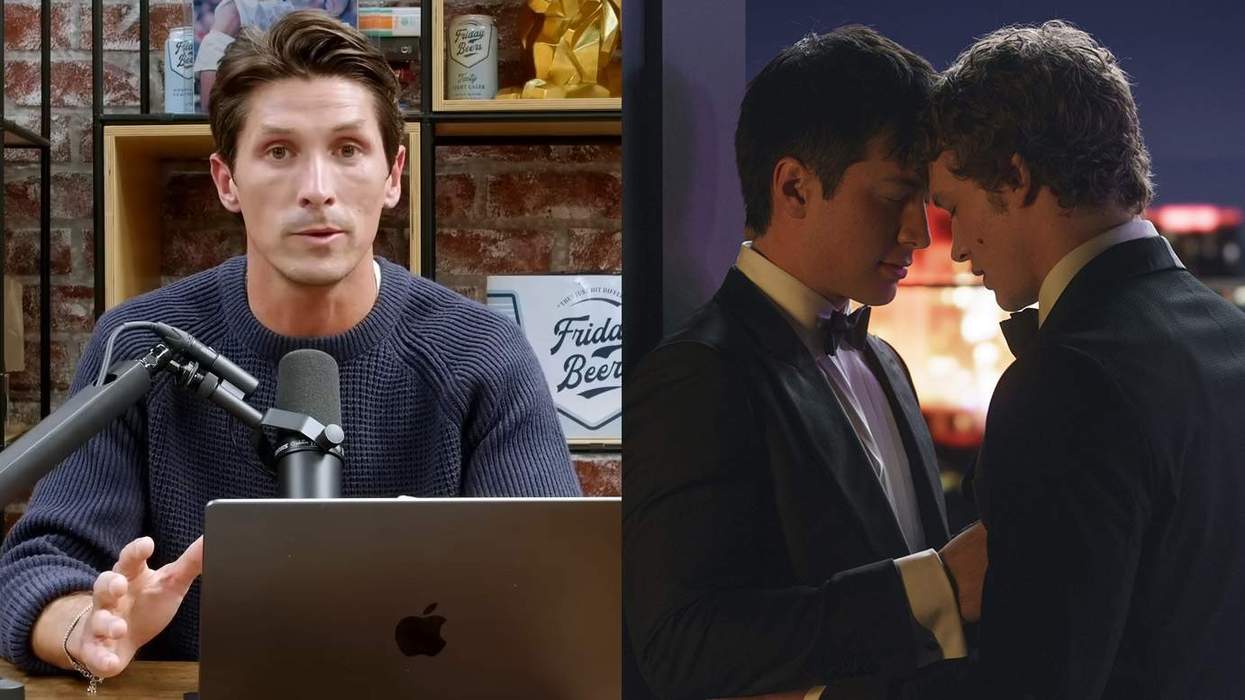
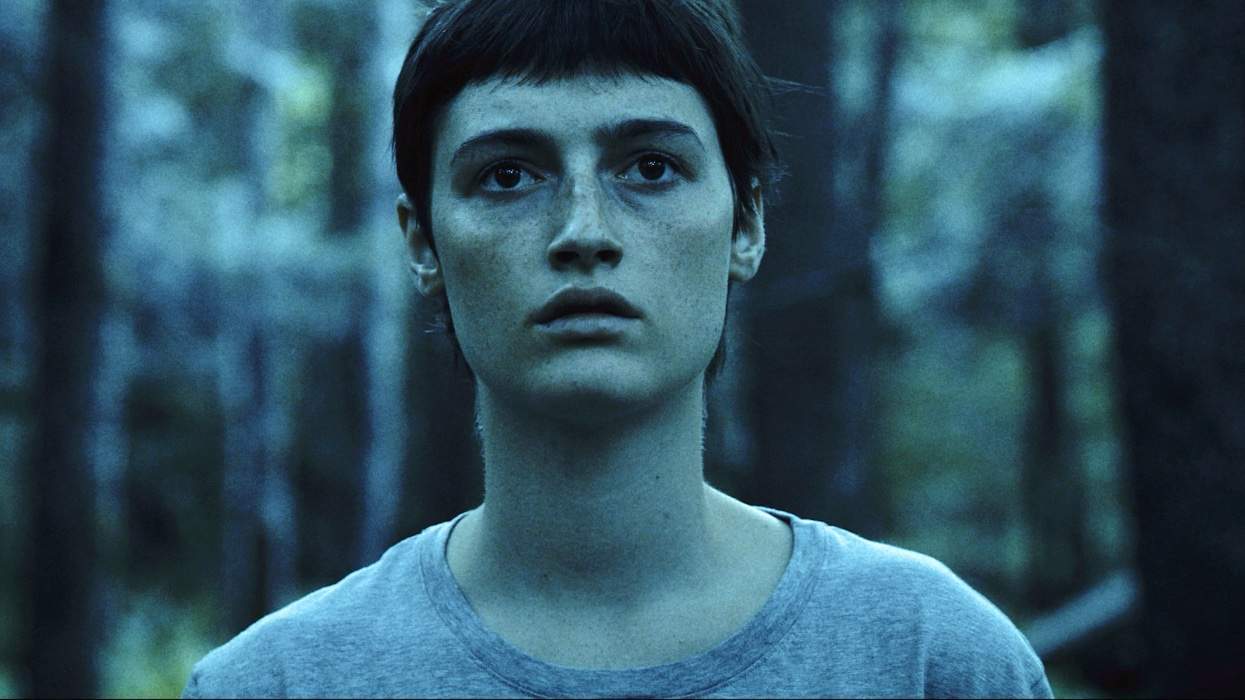
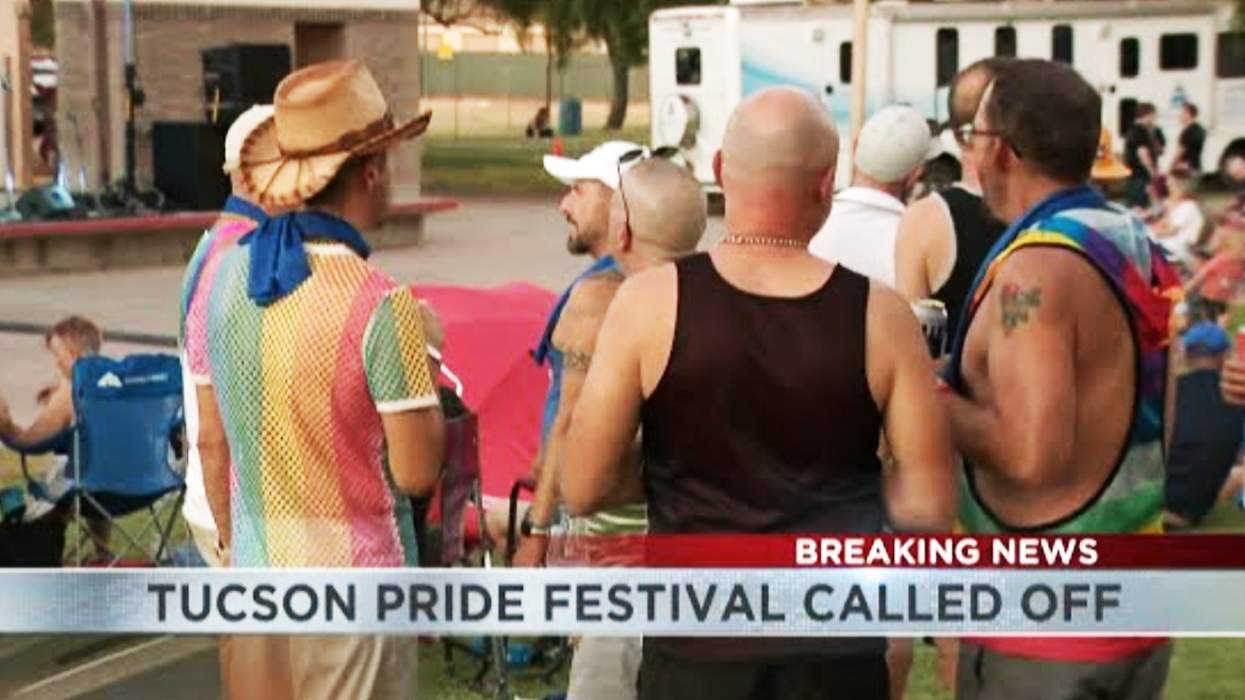

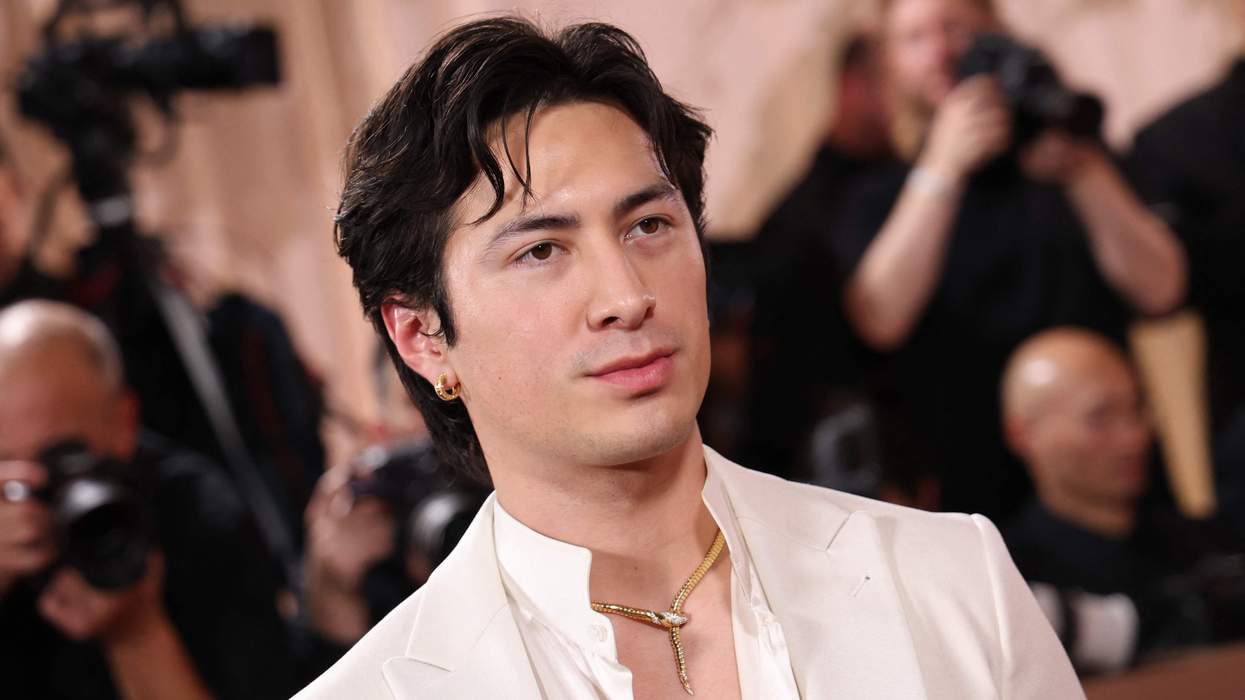








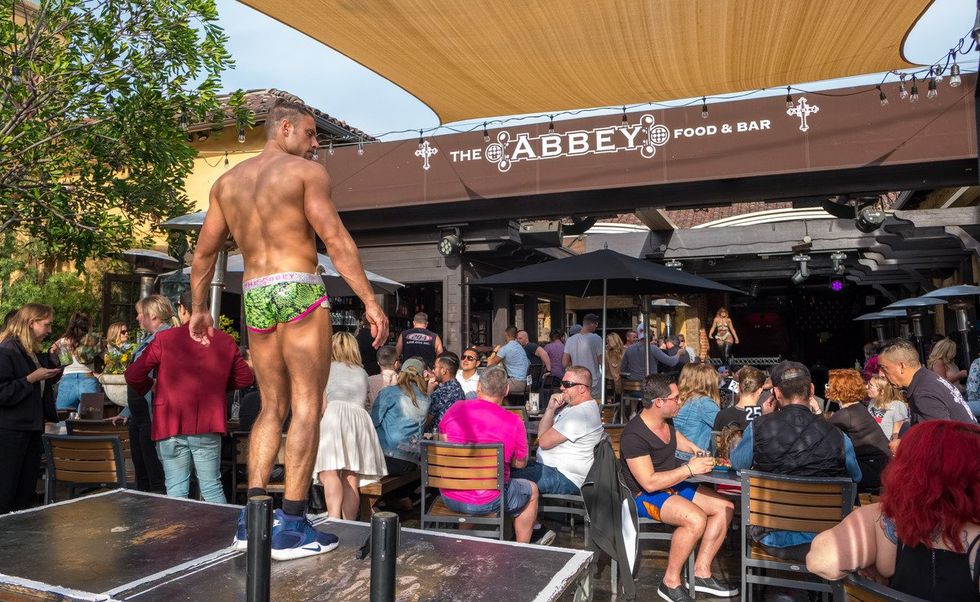
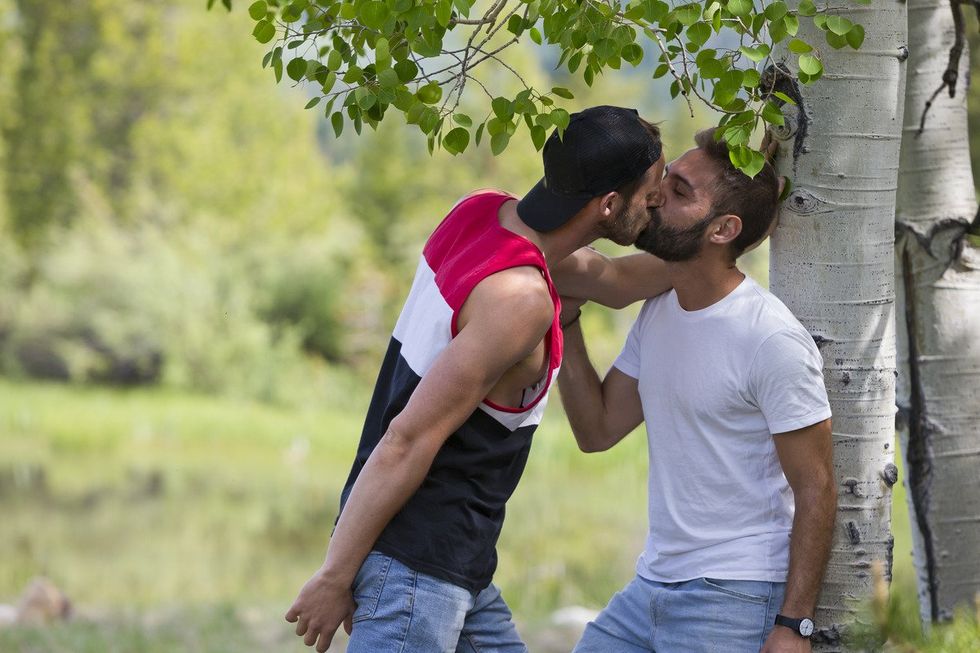


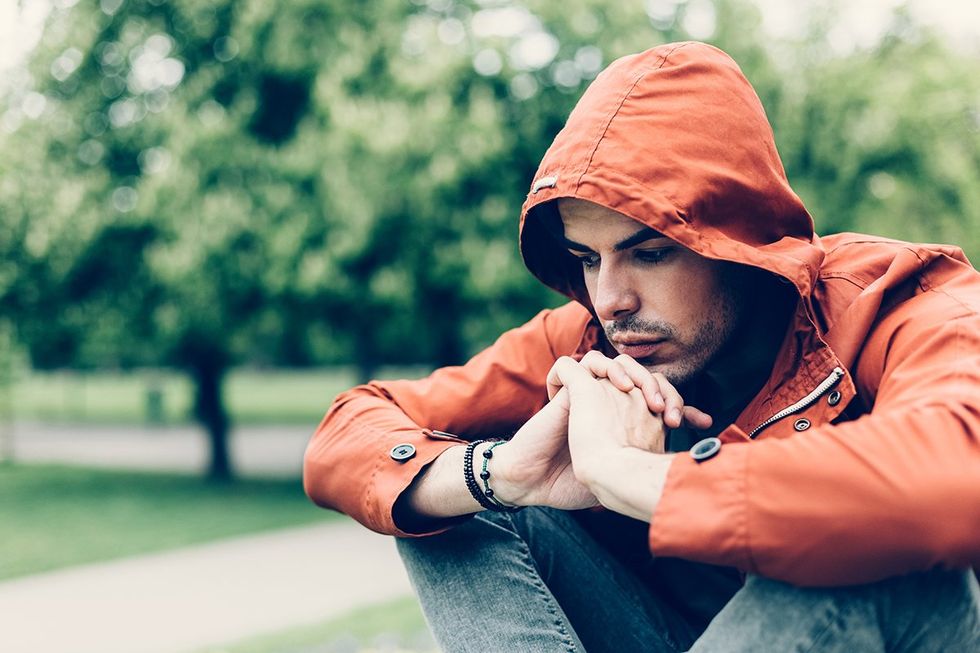

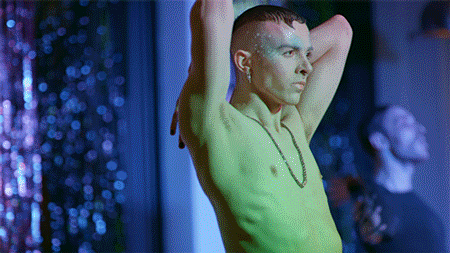 Strike A Pose Mic Drop GIF by FILMRISE - Find & Share on GIPHY
Strike A Pose Mic Drop GIF by FILMRISE - Find & Share on GIPHY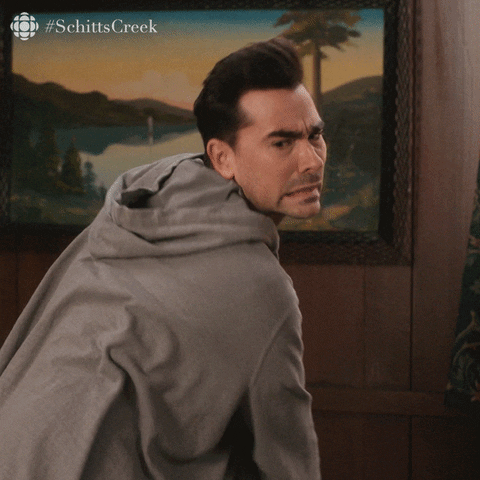 Schitts Creek No GIF by CBC - Find & Share on GIPHY
Schitts Creek No GIF by CBC - Find & Share on GIPHY